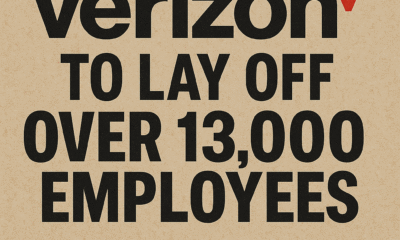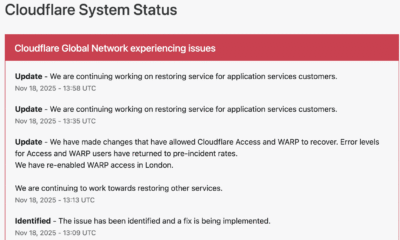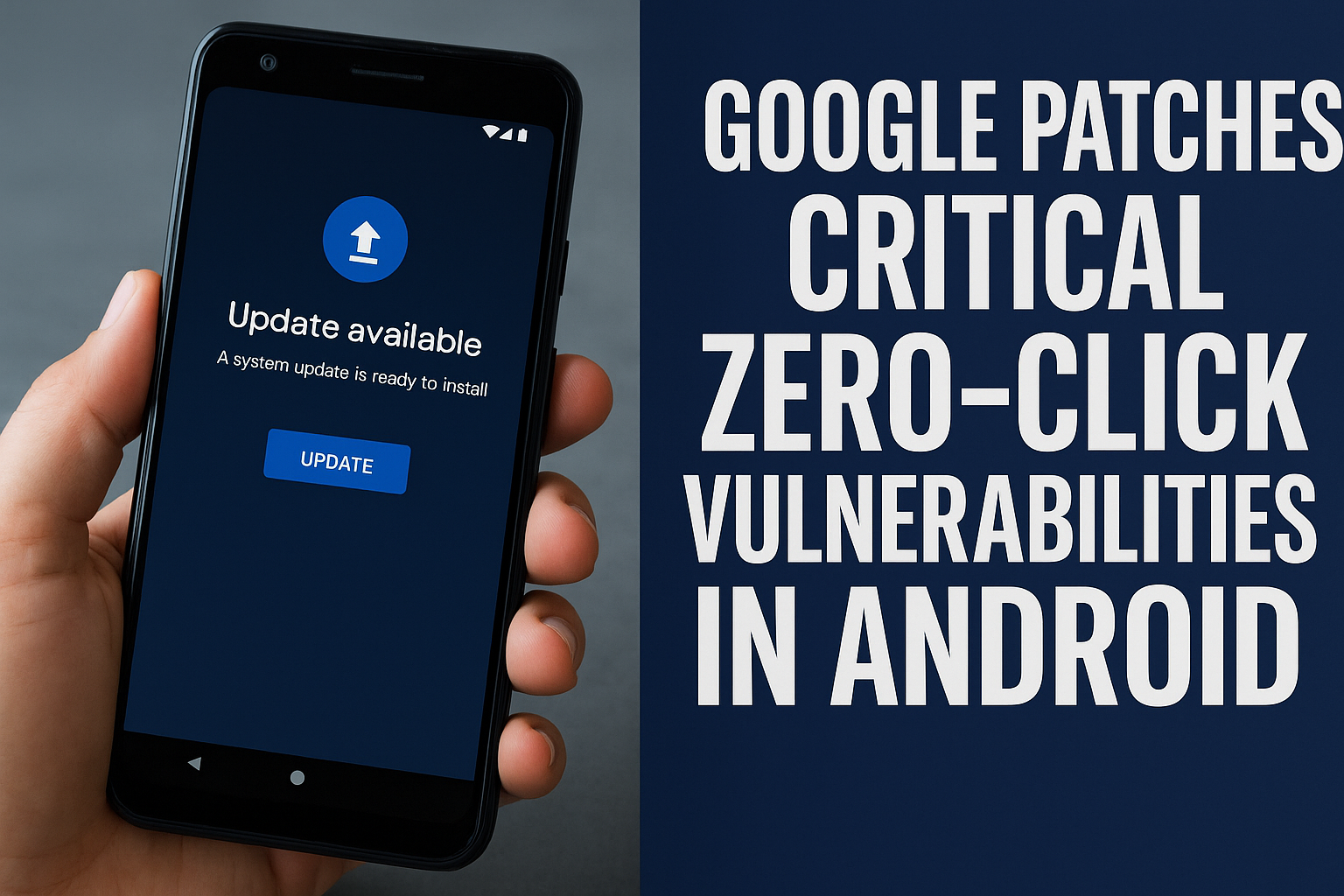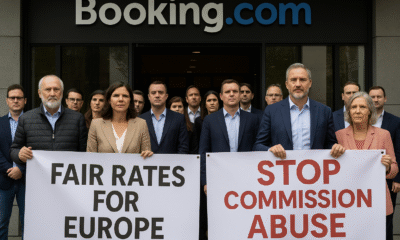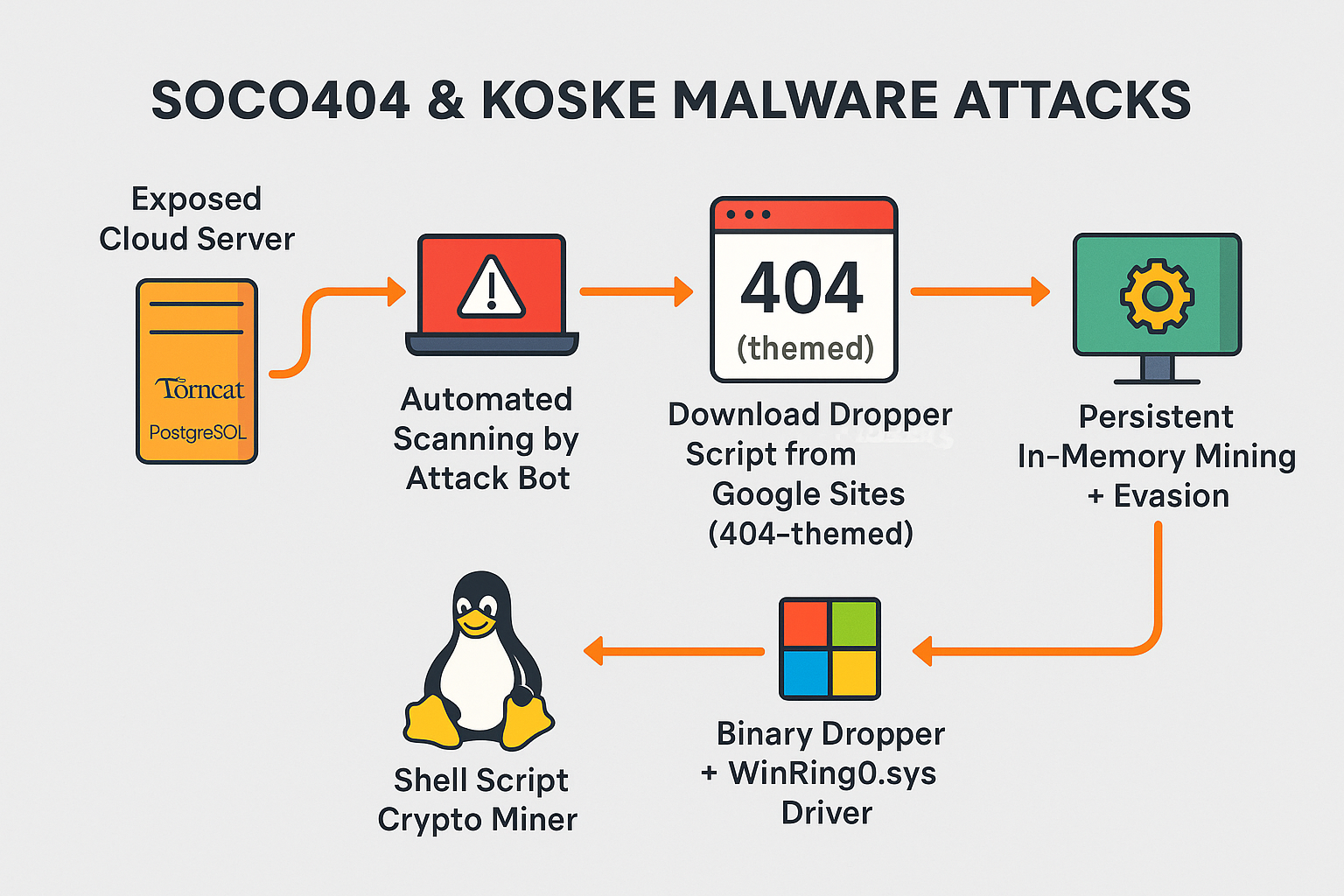ECONOMY
Morocco Emerges as Africa’s Leading Automotive Hub

In recent years, Morocco has positioned itself as Africa’s largest automotive producer, transforming into a key player in the global automotive industry. This remarkable growth stems from a combination of strategic trade agreements, a skilled workforce, and the country’s advantageous geographical location near Europe.
A Strategic Location and Robust Trade Agreements
Morocco’s proximity to Europe, coupled with its well-developed logistics infrastructure, has made it an attractive destination for automakers seeking access to European and African markets. The country’s location provides a natural gateway for exports, with short shipping times to major European automotive markets such as France, Spain, and Germany.
Favorable trade agreements have further bolstered Morocco’s appeal. The Morocco-EU Association Agreement and free trade agreements with the United States, Turkey, and other countries have reduced tariffs and streamlined trade, encouraging foreign investment in the automotive sector. These agreements allow Moroccan-made vehicles and components to reach global markets with competitive pricing.
Foreign Investment and Manufacturing Excellence
Major international automotive companies have established a significant presence in Morocco. Renault and Stellantis, two global giants, have set up extensive manufacturing operations, with Renault’s Tanger-Méd plant being one of the largest in Africa. These facilities produce hundreds of thousands of vehicles annually, catering to both domestic and export markets.
Additionally, the Moroccan government has implemented initiatives to attract foreign investment, including tax incentives, land grants, and streamlined business processes. These measures have fostered a competitive manufacturing environment, enabling the automotive sector to thrive.
A Growing Ecosystem of Suppliers
The success of Morocco’s automotive industry extends beyond assembly plants. A robust ecosystem of suppliers has emerged, producing components ranging from electrical systems to body parts. This vertical integration has enhanced the competitiveness of Moroccan-made vehicles, reducing reliance on imported parts and cutting production costs.
Programs such as the “Industrial Acceleration Plan” have encouraged the development of local suppliers, further embedding the automotive industry into Morocco’s economy. As a result, the sector now accounts for nearly 30% of the country’s exports, generating billions of dollars in revenue annually.
Workforce and Training
Morocco’s skilled labor force has been another cornerstone of its automotive success. Specialized training programs and partnerships between automakers and vocational schools have equipped workers with the technical expertise needed for high-quality production. These efforts have also created thousands of jobs, contributing to economic development and reducing unemployment.
Challenges and the Road Ahead
Despite its achievements, Morocco’s automotive sector faces challenges, including competition from other emerging markets and the global shift toward electric vehicles (EVs). To maintain its competitive edge, the country is investing in EV production and renewable energy to align with the automotive industry’s evolving demands.
The Moroccan government has announced plans to expand EV production capabilities and attract investment in battery manufacturing. With an abundance of renewable energy resources, including solar and wind power, Morocco is well-positioned to support sustainable automotive production.
Conclusion
Morocco’s rise as Africa’s largest automotive producer is a testament to strategic policymaking, international collaboration, and a commitment to industrial development. As the country continues to innovate and adapt to global trends, it is poised to solidify its status as a leading automotive hub not only in Africa but on the global stage.
business
Verizon Slashes Jobs in Record-Breaking Layoff — Here’s What We Know
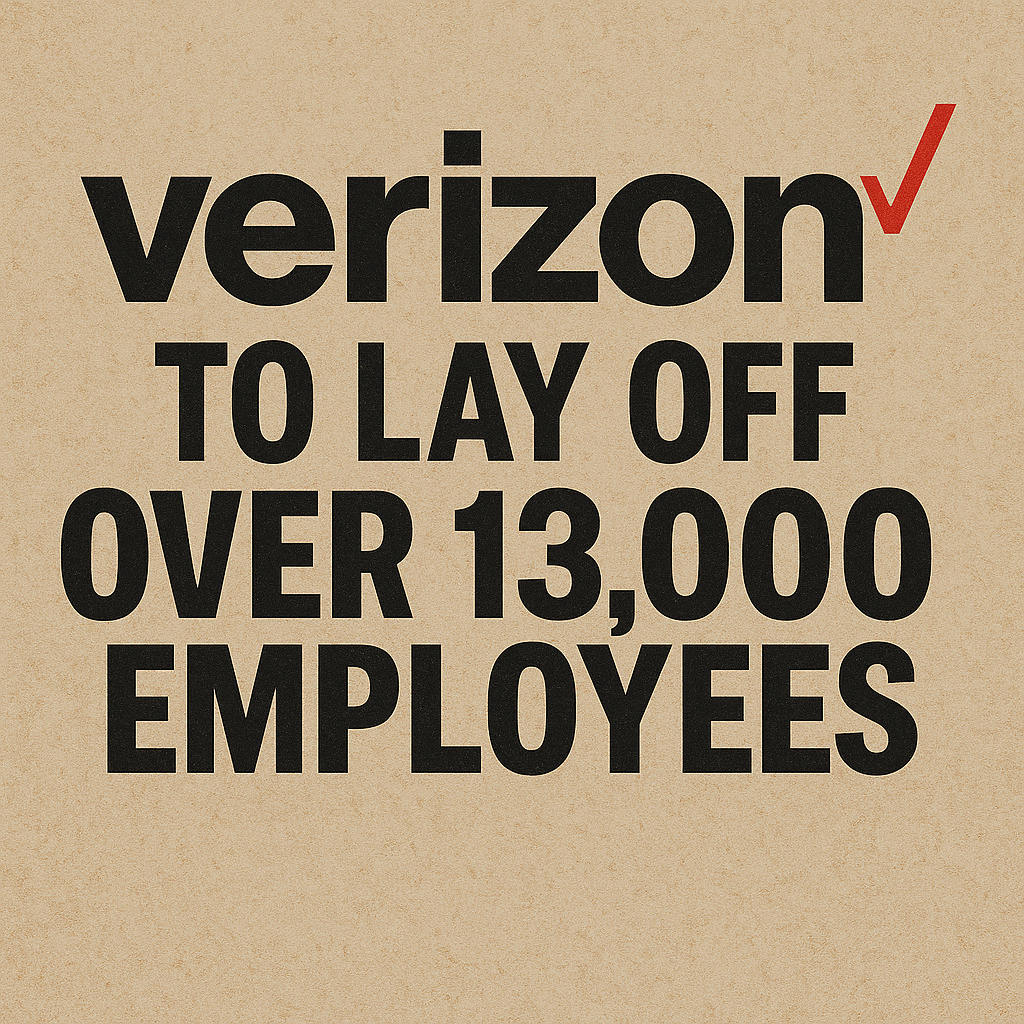
Verizon announced a sweeping workforce reduction that will affect “more than” 13,000 employees — roughly 13% of its global headcount — in what CEO Dan Schulman calls the company’s largest-ever layoff. In an internal memo, Schulman says the move is intended to “simplify our operations to address the complexity and friction that slow us down and frustrate our customers.” The company also plans to cut outsourced and outside labor costs significantly. U.S.-based staff will begin receiving notifications today; employees outside the U.S. will be informed in the “coming weeks,” the Wall Street Journal reports
What Verizon says
- Reason: operational simplification and removing friction that hurts customer experience.
- Scale: “more than” 13,000 roles, about 13% of the workforce.
- Outsourcing: a significant reduction in outsourced and outside labor spending is part of the plan.
- Timing: U.S. notifications begin immediately; international notifications will follow.
Immediate impact
- Employees: tens of thousands will be affected directly or indirectly. U.S. notifications beginning today means many workers will learn their status immediately.
- Operations: Verizon says the goal is to reduce complexity and improve service — but short-term disruption to teams and projects is possible as roles are consolidated.
- Customers: Verizon frames the change as a way to speed decision-making and improve customer experience, though execution risk exists during the transition.
- Outsourced partners: vendors and contract workers can expect renegotiation or reductions.
What affected employees should do now
- Check official communications from HR and your manager for next steps and severance details.
- Ask about outplacement support (resume help, job counseling) and whether the company offers extended healthcare, COBRA assistance, or phased transitions.
- Document your work (accomplishments, repos, access) and secure personal copies of non-sensitive materials.
- File for unemployment as soon as possible where eligible and update LinkedIn and your network.
- Use company resources (employee assistance programs, career centers) and local talent services.
What managers and the company should prioritize
- Clear, compassionate communications and FAQs for affected employees.
- Fast, transparent explanation of severance, benefits continuation, and outplacement services.
- Careful workload redistribution and project continuity plans to avoid customer impact.
- A public-facing message to reassure customers and investors about service continuity and long-term strategy.
Market and strategic context (what this implies)
- Verizon is attempting aggressive cost reduction while refocusing on product and service quality (e.g., 5G, fixed wireless, enterprise services).
- Cutting outsourced labor and internal layers can reduce costs but carries execution risk: lost institutional knowledge, lowered morale, and short-term productivity dips.
- Investors may welcome lower operating expenses; customers and regulators will watch for service degradation.
business
🇲🇦 King Mohammed VI’s Speech Sparks Heated Debate in Parliament — “جيل زد يُجيب”
Rabat — October 2025
Inside Morocco’s Parliament, tension and reflection filled the air just hours after His Majesty King Mohammed VI delivered his opening-session speech. What was meant as a national roadmap quickly turned into a day of open confrontation, emotional testimonies, and unexpected admissions from members of both majority and opposition blocs.
🏛️ A Speech That Touched Nerves
The King’s address, described by analysts as “direct and reform-oriented,” called for greater social justice, job creation, and balanced development across Morocco’s regions.
“No village left forgotten, no coast without a hand,” the King declared — a message that resonated deeply with citizens and lawmakers alike.
Within hours, parliamentary corridors buzzed with interviews, arguments, and introspection. Some MPs hailed the speech as “a moral reset,” while others questioned whether the government was capable of turning royal vision into tangible results.
🧠 From Rabat to the Sahara — Gen Z Responds
Younger members of Parliament — labeled as جيل زد (Gen Z) — became the focus of cameras and public curiosity. Many expressed frustration at what they see as a widening gap between political promises and everyday realities faced by Moroccan youth.
“The King spoke about unity and work. We agree — but the youth need a chance to prove themselves,” said one 28-year-old deputy.
“We have the energy; the system just needs to open its doors.”
Another young MP caused a social-media storm after saying that “in some ways, Moroccan social values are stronger than Germany’s.”
Critics accused him of downplaying Europe’s economic strength, while others applauded his pride in Moroccan family cohesion.
He later clarified his words, emphasizing that every nation faces challenges — and that Morocco’s real wealth lies in its people.
💬 Resignation, Reflection, and Responsibility
Just a week earlier, one deputy had submitted his resignation in protest over what he called “a lack of listening to the new generation.”
After the King’s address, he withdrew it.
“The royal speech gave me renewed hope. This is not the time to quit — it’s time to work,” he told reporters.
Across party lines, both RNI and PAM youth wings echoed similar messages: commitment to reform, but also impatience with bureaucracy.
Several MPs criticized ministers who, they said, “do not answer calls, do not reply to written questions, and have lost touch with citizens.”
⚖️ Opposition Voices: ‘A Government in Denial’
Members of the opposition used the session to accuse the cabinet of denial and poor communication, arguing that ministers are “living in a different reality” from citizens struggling with prices and unemployment.
“The royal messages were clear,” said one opposition leader. “The problem is not the King’s vision — it’s implementation.”
🌍 Morocco’s Path Forward
Analysts note that the King’s address aligned with long-standing themes: national cohesion, balanced territorial development, and respect for dignity in public service.
But the 2025 context — economic pressure, youth disillusionment, and the digital activism of Gen Z — gives these calls new urgency.
“This generation communicates differently,” said a policy researcher. “If institutions don’t adapt, they’ll lose credibility.”
🕊️ A Message Beyond Politics
As the parliamentary session ended, one young MP summed up the mood:
“الملك تكلّم… ونحن سنُجيب بالعمل — The King spoke, and we will answer through action.”
For now, the chamber that often echoes with partisan debates found itself united — briefly — under a single message:
Morocco’s future belongs to its youth, but responsibility belongs to everyone.
business
From Potatoes to Paleontology: Morocco’s Big Wins on August 14, 2025
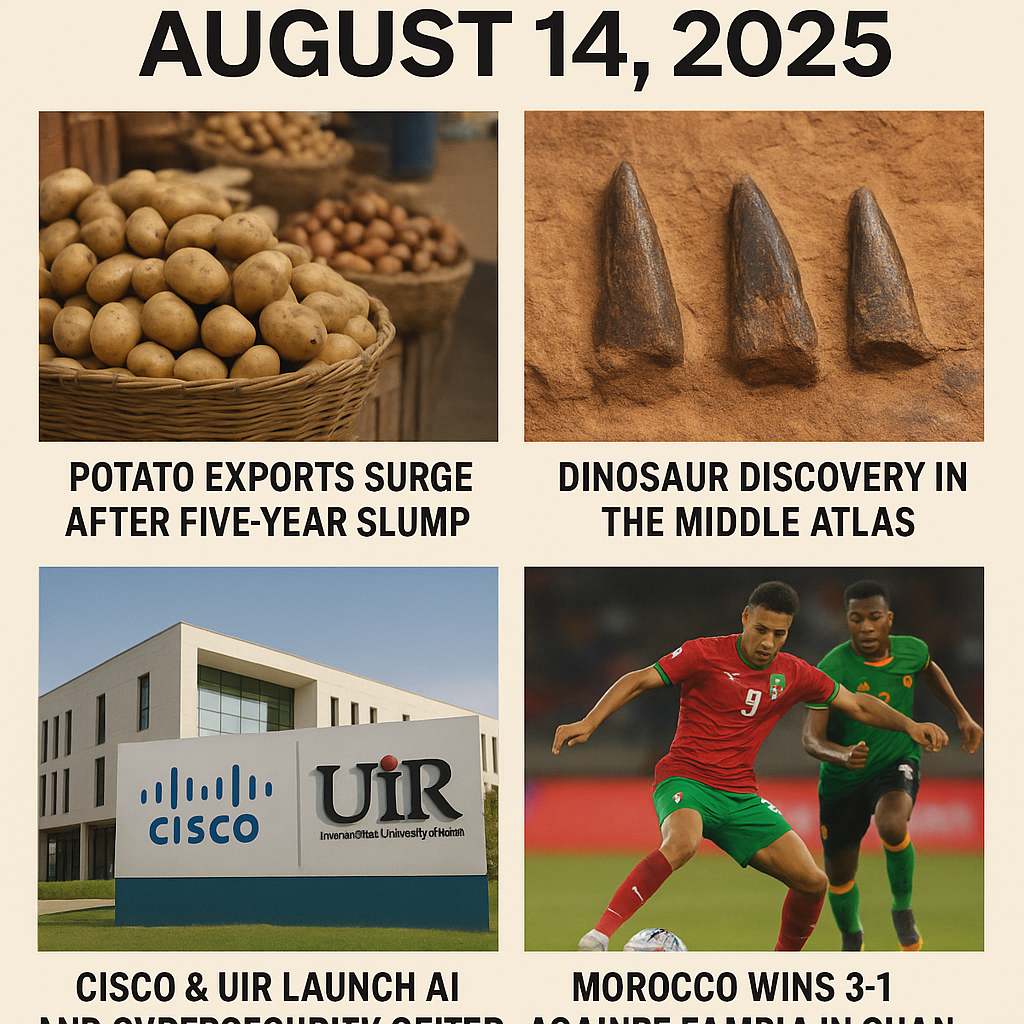
From potatoes to paleontology, Morocco posts gains across economy, science, and sport, while DV-2025 visa delays put pressure on applicants.
Morocco’s potato exports surged after a five-year slump, paleontologists uncovered the country’s oldest Turiasaurian teeth in the Middle Atlas, and UIR teamed with Cisco on a new AI & cybersecurity center. Authorities also approved the Amazigh name “Massinissa,” Morocco beat Zambia 3–1 at CHAN, and DV-2025 lottery winners sounded alarms over stalled interviews. FreshPlazaMorocco World News+3Morocco World News+3Morocco World News+3Hespress
The Briefing
Morocco’s news cycle on August 14, 2025 offered a snapshot of a country diversifying—export recovery in agri-food, frontier science with Jurassic-era finds, digital capacity-building through a new AI/cyber hub, and a culture-rights win on Amazigh naming—rounded off by a CHAN victory and visa-processing anxieties for DV-2025 winners. FreshPlazaMorocco World News+3Morocco World News+3Morocco World News+3Hespress
Economy — Potatoes Are Back
After five years of decline, Morocco’s ware-potato exports rebounded to 42,900 tons worth US$14.9 million between July 2024 and May 2025—a 5.7× increase versus the prior season. Analysts credit renewed West African trade links and firmer European demand. The uptick helps farmers and cold-chain logistics while testing resilience ahead of the 2025–26 campaign. FreshPlaza
Explainer takeaway: A stronger potato campaign increases rural incomes and stabilizes supply chains; monitoring fertilizer prices, shipping rates, and weather will indicate whether the rebound is durable.
Science — 160-Million-Year-Old Giants
Researchers identified three dinosaur teeth from the Middle Atlas (El Mers III Formation), marking the oldest evidence of Turiasauria on mainland Africa—a Middle Jurassic lineage previously best known from Iberia. The peer-reviewed study tightens biogeographic links between North Africa and Europe and invites fresh fieldwork in Boulemane province. Morocco World NewsYabiladiResearchGate
Explainer takeaway: Morocco’s Jurassic strata continue to fill global fossil gaps, boosting scientific tourism and training opportunities for local geoscience programs.
Technology — UIR × Cisco Unveil AI & Cybersecurity Center
The International University of Rabat (UIR) and Cisco signed an MoU to create a Cisco EDGE Incubation Center focused on AI and cybersecurity, aligning with Morocco’s Digital 2030 ambitions. The hub aims to link academia, startups, and public services while leveraging Cisco Networking Academy pathways. Morocco World NewsMap NewsMedafrica TimesLinkedIn
Explainer takeaway: Expect new pipelines for SOC talent, secure-cloud skills, and AI safety research—areas where Morocco seeks digital sovereignty and exportable know-how.
Society — A Win for Amazigh Naming Rights
Following an initial refusal, Meknes authorities approved the Amazigh name “Massinissa.” The reversal reflects ongoing normalization of Amazigh names in civil registry practice and reduces administrative friction for families seeking culturally rooted identities. Morocco World NewsHespressFacebook
Explainer takeaway: Documentation shapes access to education, healthcare, and travel; clearer acceptance of Amazigh names streamlines everyday life and affirms linguistic rights.
Sport — CHAN Boost: Morocco 3–1 Zambia
Morocco’s locally based national team defeated Zambia 3–1, strengthening its CHAN 2024 (played in 2025) campaign and securing a quarterfinal berth. Wins at CHAN raise player visibility, support domestic leagues, and can lift transfer valuations for homegrown talent. Hespress
Explainer takeaway: CHAN is a showcase for domestic football systems; Morocco’s result supports the broader talent pipeline from Botola clubs to continental competition.
Migration — DV-2025 Interview Delays
DV-2025 lottery winners in Morocco report stalled interview scheduling at the U.S. Consulate in Casablanca as the September 30, 2025 fiscal-year deadline nears, raising fears that selectees could time out despite “current” case numbers. Civil-society calls urge transparent scheduling and capacity updates. Morocco World News
Explainer takeaway: Diversity Visas are time-bound; absent appointments by the end of the fiscal year, eligibility ends—even for qualified selectees. Applicants should ensure DS-260s are complete and monitor consular notices.
What to Watch Next
- Agri-exports: Does the potato rally carry into Q4 logistics and pricing? FreshPlaza
- Science & tourism: Will new Middle Atlas digs expand fossil trails and museum programs? Morocco World News
- Talent & tech: Can the UIR–Cisco hub seed startups and feed national SOC capacity by 2026? Morocco World News
- Civil registry: Are further Amazigh naming cases resolved consistently across regions? Hespress
- CHAN: Injury management and fatigue as fixtures compress. Hespress
- DV-2025: Any scheduling updates from Casablanca before Sept. 30. Morocco World News

